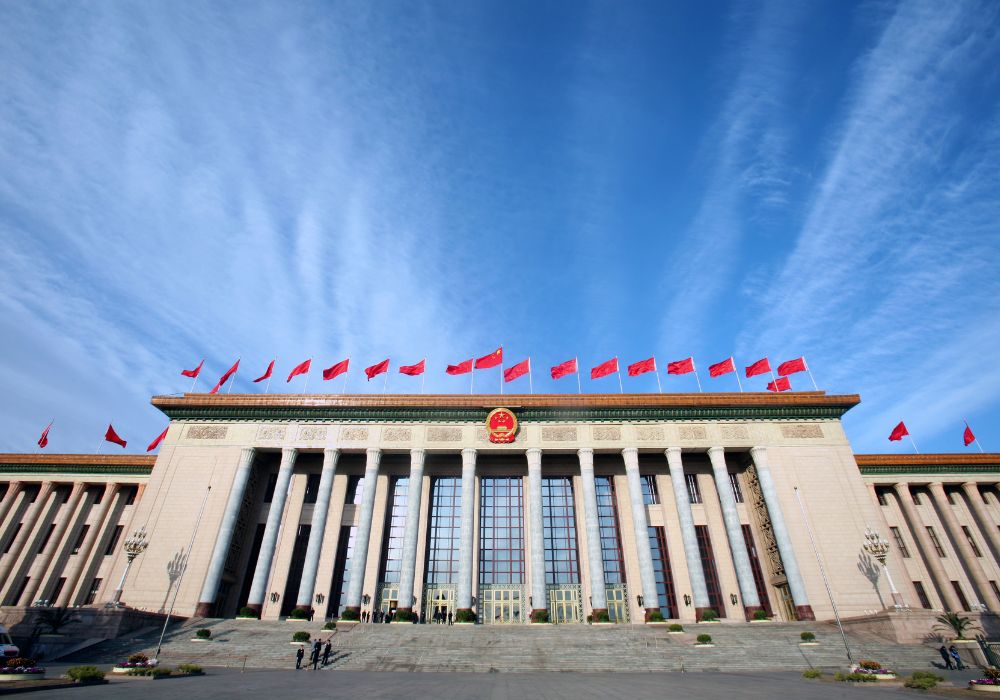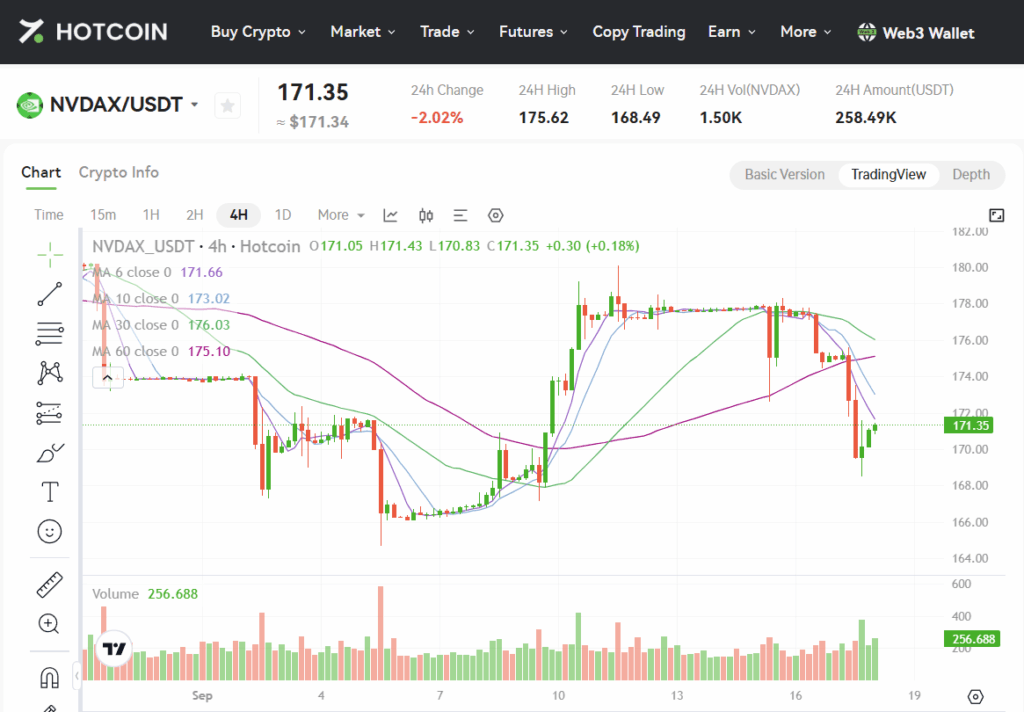
Beijing, September 18, 2025 — China’s internet regulator, the Cyberspace Administration of China (CAC), has instructed major technology companies, including ByteDance and Alibaba, to cease purchasing Nvidia’s AI chips (specifically the model RTX Pro 6000D) and to cancel existing orders. The directive comes amid China’s broader push for technological self-sufficiency in artificial intelligence and semiconductors. The RTX Pro 6000D was Nvidia’s chip designed to somewhat comply with U.S. export restrictions while serving the Chinese market. However, CAC’s order now goes further: not just discouraging, but forbidding testing and new procurement of this chip.
Nvidia’s CEO Jensen Huang expressed disappointment with the ban, labeling the decision as influenced by “larger agendas” between China and the U.S. Meanwhile, Chinese firms allegedly had begun testing or placing large orders (tens of thousands of units) before being told to stop and cancel.
Why China Is Taking This Step
This move aligns with China’s intensified policy goal of reducing reliance on foreign technology for AI infrastructure. Beijing appears confident that its domestic chipmakers (like Huawei, Cambricon, others) have advanced enough to supply comparable performance in many use cases. The ban is more aggressive than earlier restrictions that targeted older Nvidia chips (such as the “H20” model). The RTX Pro 6000D was introduced more recently, partly to get around earlier export constraints. Now, CAC says even that chip is off-limits for ByteDance, Alibaba, and others.
Additionally, China has accused Nvidia of violating its anti-monopoly laws in connection with its acquisition of Mellanox Technologies. Regulatory scrutiny is rising, and this action is part of a broader strategy to push local R&D and production in critical AI hardware.
Immediate Market Impact: Nvidia & AI Hardware
Investors reacted immediately. Nvidia shares dropped by about 1 to 3% in pre-market trading following the news. The expectation is that China, being a large potential market for AI hardware, represents a meaningful chunk of future revenue for Nvidia. Losing access to or cancelling large orders will likely dent its growth forecasts.
Demand for the RTX Pro 6000D was already reported as lukewarm, partly because its price (roughly 50,000 yuan / ~US$7,000) is high, and because performance was viewed by some Chinese firms as underwhelming compared to older global models (some of which are accessible via grey market channels).

Effects on the Crypto Market
Although this ban is specifically about AI hardware, it has important implications for the crypto and AI/hardware intersection. Here’s how it might affect the crypto space:
- GPU supply and prices
Many crypto tasks — especially proof-of-work mining (though less than before), zk-proof generation, training or running some AI models related to crypto infrastructure — rely on powerful GPUs. If demand from big firms shrinks, some supply might flow more into crypto markets. However, regulatory risk remains high, especially for Nvidia chips. - Domestic alternatives and localized infrastructure
With China pushing more intensely toward using local chips from companies like Huawei or Cambricon, crypto projects in or oriented toward China may increasingly use domestic hardware. That can lead to bifurcation: different hardware ecosystems and compatibility trade-offs. - Decentralization & risk diversification
For global crypto participants, there is a reminder of the importance of diversifying hardware sources and being prepared for geopolitical risk. Projects reliant on a single supplier or a restricted kind of chip will face exposure to regulatory shifts. - Impact on AI-crypto crossover projects
Projects combining AI and blockchain — e.g. AI compute, decentralized AI model training, AI inference over decentralized networks — may see slower deployment in China, or higher costs. That may shift some of those activities offshore or to jurisdictions with looser restrictions. - Investor sentiment and speculative effects
Crypto markets often react not just to fundamentals but to sentiment. News of export bans or hardware restrictions tend to increase uncertainty. While some investors may see opportunity (if GPU prices fall), others may see risk in AI/crypto projects with dependencies in China.
Longer Term Outlook & What to Watch
- Regulatory retaliation or restriction escalation could follow. If China increases domestic policies to penalize firms using foreign AI hardware or accelerates subsidies for local chip manufacturing, the dynamics may further shift away from Nvidia and U.S.-based suppliers.
- Performance of local AI chips will be under the spotlight. If local alternatives can match or approach the performance of Nvidia’s offerings, adoption may accelerate. But if performance, cost, or software support lags, that may slow things.
- Nvidia guidance and earnings forecasts will likely be adjusted. Analysts will monitor how much China contributes to future revenue and how much demand is deferred vs permanently lost.
- Shifts in crypto mining hardware: even though energy, cost, efficiency are always top concerns, restrictions in China may push some hardware innovation in mining, encouraging firms to use non-Nvidia GPUs or even custom/ASIC/FPGA solutions.
- Supply chain adjustments: companies outside China may gain advantage; companies inside China may become more focused on self-reliance. That might mean higher costs in the short term, but potentially more resilience in domestic AI/crypto infrastructure in China down the road.
China’s order to tech giants like ByteDance and Alibaba to stop buying Nvidia’s RTX Pro 6000D AI chips is more than just a trade policy. It is a signal that Beijing is accelerating its push for tech autonomy in AI. For Nvidia, it adds pressure in one of its key markets. For the crypto sector, it creates both challenges and opportunities: from possible supply shifts, to increased demand for alternative hardware, to changes in project design and deployment strategy.
Crypto investors and builders should watch hardware regulation closely, think about geographic exposure, and be ready for a more fragmented hardware landscape. As AI and blockchain become more intertwined, geopolitical tech policies will matter more than ever.
Trade NVDAX on Hotcoin
Hotcoin Official Site: https://www.hotcoin.com
Hotcoin Twitter: https://x.com/HotcoinGlobal
Hotcoin Telegram: https://t.me/HotcoinEX
Hotcoin Chinese Twitter: https://x.com/hotcoinzh
Hotcoin Chinese Community: https://t.me/hotcoinglobalcn
Hotcoin YouTube: https://www.youtube.com/@hotcoinglobal
